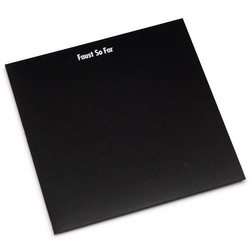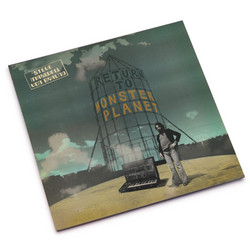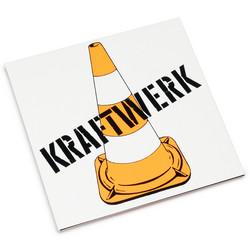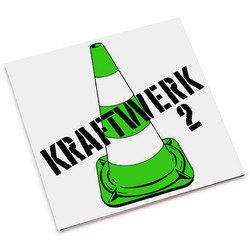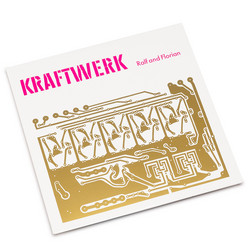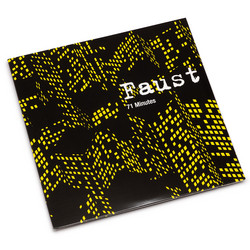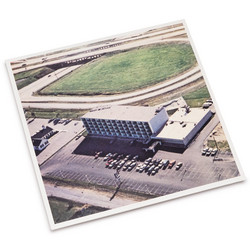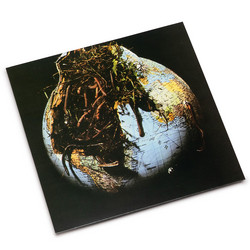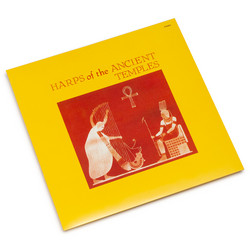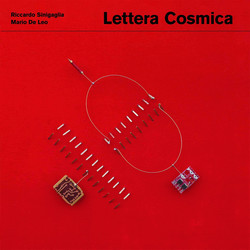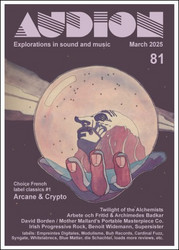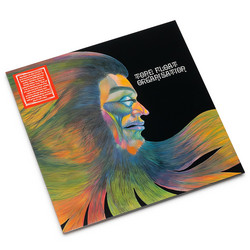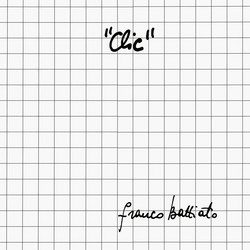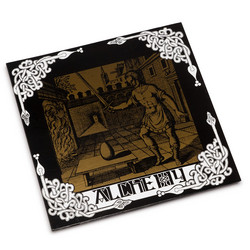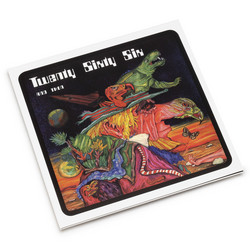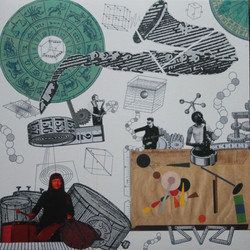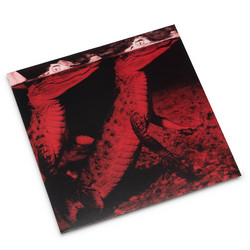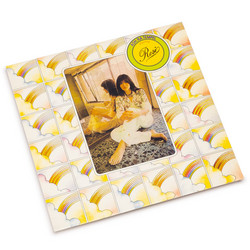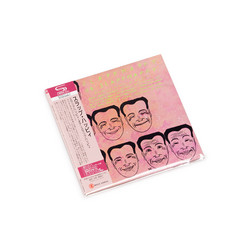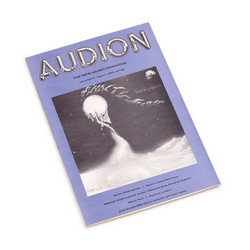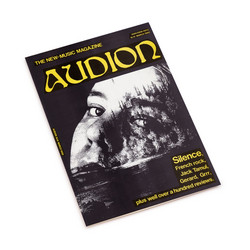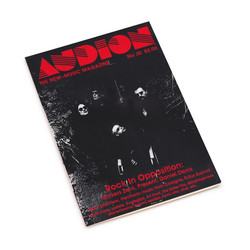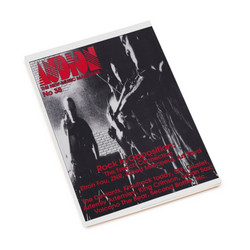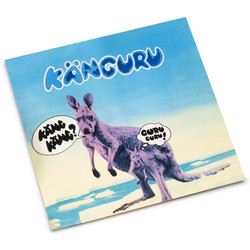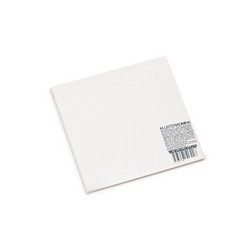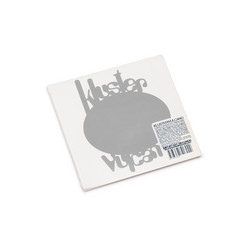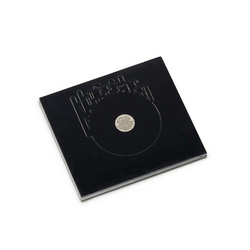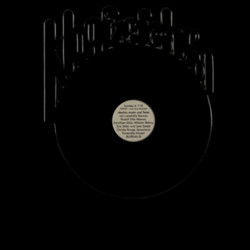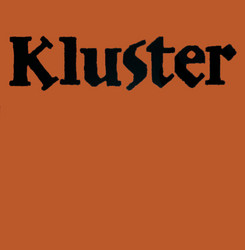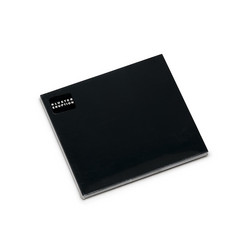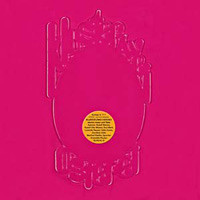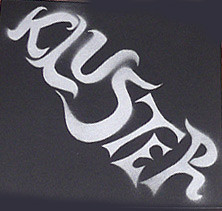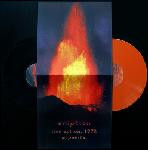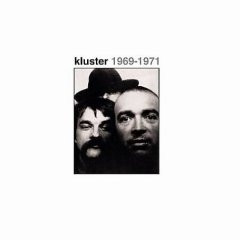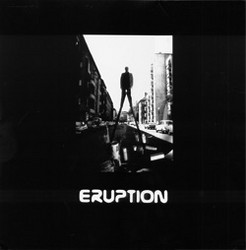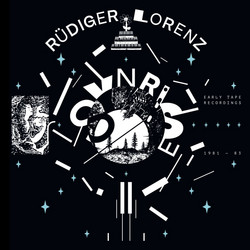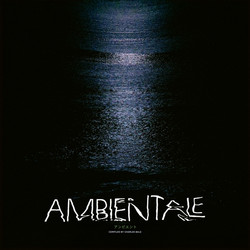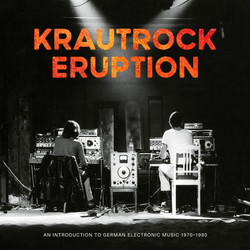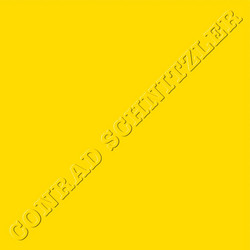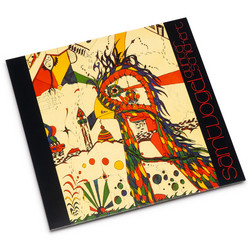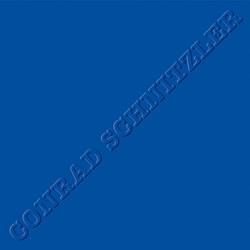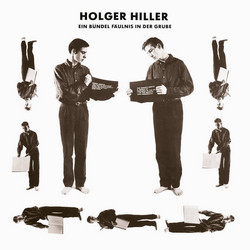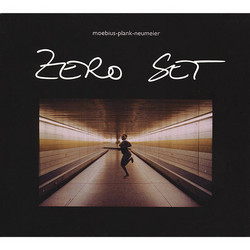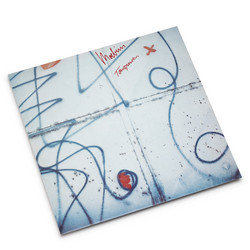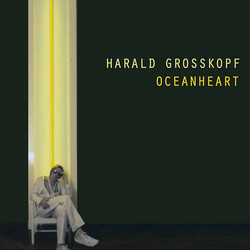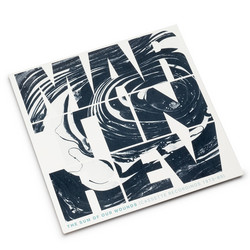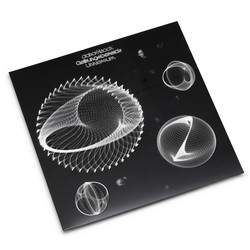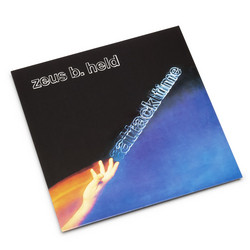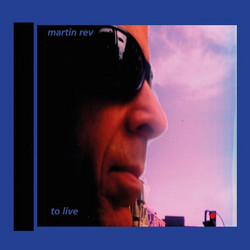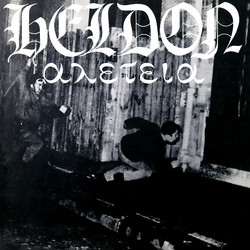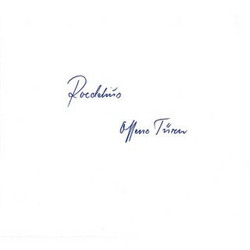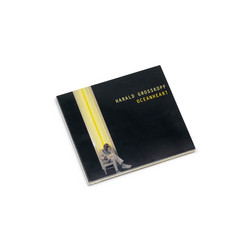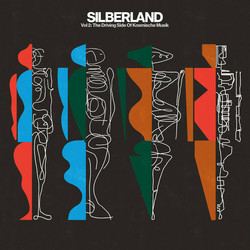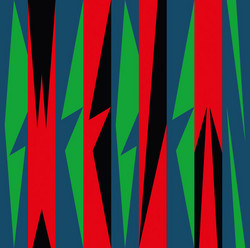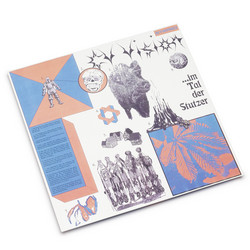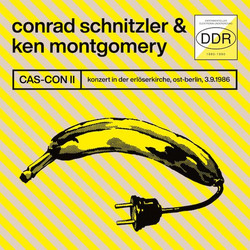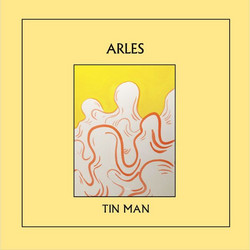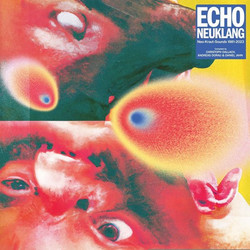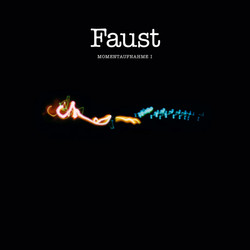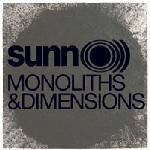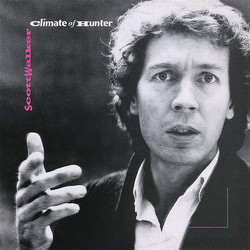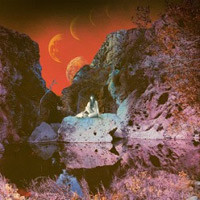Kluster
Schwarz (Eruption) Lp
LP version. Comes on 180 gram vinyl and includes download card for the album. The official Konrad Schnitzler discography lists Eruption, released in 1971, under the title Schwarz, as the first Schnitzler album. In actual fact, Eruption is the third and final LP by the group Kluster, following Klopfzeichen (BB 110CD/LP) and Zwei Osterei (BB 111CD/LP). The line-up printed on the labels leaves no room for doubt. Unlike the two previous albums, Eruption was not issued by the Schwann Verlag, but by the band on its own, hence the task of financing the record fell to the participants. Roedelius and Moebius, however, were either unable or unwilling to get involved in this risky business. Without further ado, Schnitzler decided to cover the cost of pressing up 200 LPs which he would bring out under his own name. This historical "error" has now been corrected: Eruption is a Kluster album. Seen alongside Klopfzeichen and Zwei Osterei, Eruption is a different beast altogether. The total absence of lyrics, to begin with; the music is music, nothing more. The listener revels in a pure symphony of sound, its dramatic artistry holding his attention until the very end. And that is the second major difference to the first two LPs. Whereas their furious intensity sounded almost brutally improvised, Eruption appears clearly structured throughout, musical freedoms notwithstanding. Kluster take their time in developing spontaneous ideas here, they get loud and then, for lengthier periods, go quiet, suggesting at times a sense of absolute emptiness, followed by outbreaks of dark anger. The possibilities opened up by live electronics were thrillingly exploited to the limit. And yet there is undeniably a method in the music. In the course of their many live concerts, Kluster had learned to use instruments and electronics constructively, reaching the zenith of their musical powers of expression on Eruption. Kluster disbanded after Eruption. The album is a revealing document of a band striving to stretch the musical spectrum during the early 1970s, and indeed, how capable they were of doing so. Moebius and Roedelius went on working together as Cluster, and Conrad Schnitzler (now with a C) began developing his own vision of electronic music, a project he continued assiduously until his death (2011). Still, all three had their roots in Kluster -- incredibly powerful roots. And Kluster have never ceased to be hugely fertile ground. May their creative inspiration never run dry.
